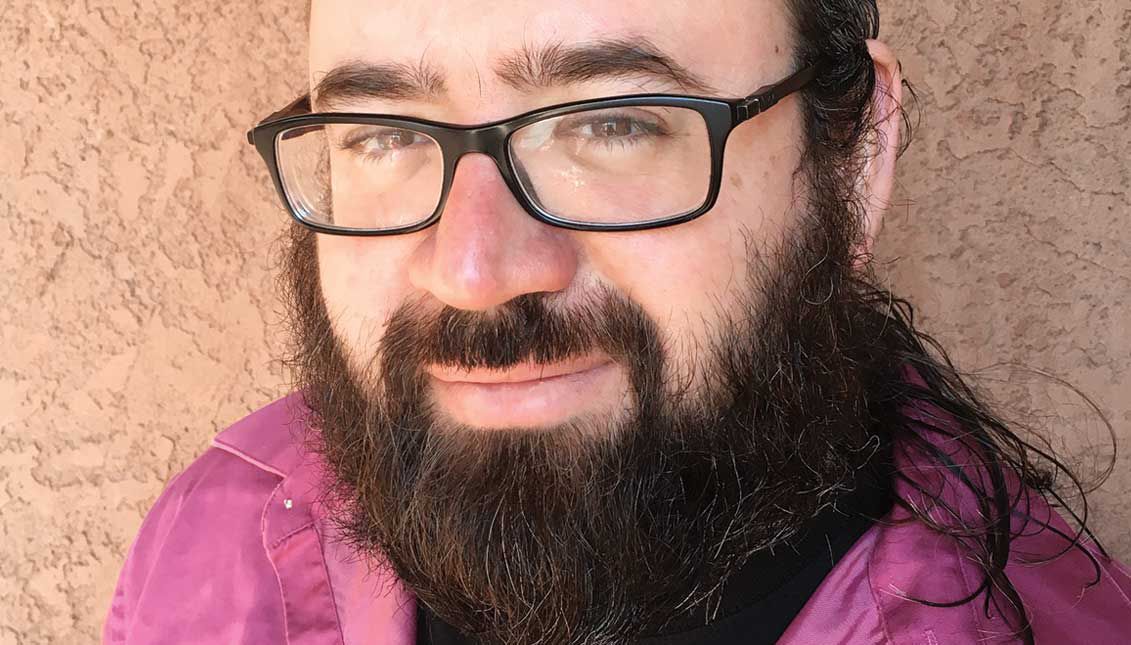
Mark Diaz Truman: “Not everyone realizes that Latinos are behind some of their favourite games”
Game developer Mark Diaz Truman talked with AL DÍA about the challenges of growing up as a fourth generation Latino in New Mexico and Arizona and becoming an…
Mark Diaz Truman is a Latino game designer and co-founder of Magpie Games, a game development and production company based in Albuquerque, New Mexico. In the beginning of March, he launched a Kickstarter campaign for his newest indie tabletop roleplaying game: Cartel, in which players portray bold narcos, naive spouses, and dirty cops caught up in Mexico's eternal drug war. So far, Diaz has raised over $27,000 for the project.
“In an industry that is largely dominated by traditionally white narratives (Dungeons & Dragons), I'm excited to present a project that encourages players to step in to the shoes of the narcos, sicarios, and esposas caught up in the Mexican drug war”, Diaz told AL DIA NEWS over an email interview.
After several years working in the game industry, Diaz Truman is also interested in bringing more Latinos into gaming.
I grew up in Albuquerque, NM in the 80s and 90s; my parents both worked at the University of New Mexico. My Dad is the descendent of the Irish and Germans who settled in Oklahoma, but my grandparents moved out to Arizona to be teachers on the Indian reservations (Tuba City). My Mom is a third generation Mexican-American; my Grandfather crossed the border in El Paso in the early 1900s, moving eventually to Albuquerque and then to Flagstaff where my parents met during college.
I grew up with deep ties to both Arizona and New Mexico, but I also understood that (compared to some New Mexican families who came up from Mexico in the 1500s) we were relative newcomers to the area. And that doesn't even count the local pueblos who have lived on those lands for thousands of years! All of that was stuff I remember talking about a lot as a kid.
I was really lucky as a kid because my Mom was involved with so much of the curriculum. She is a Public Historian, the kind of academic who wants to connect the histories of people who are often overlooked to the history that's taught in schools. My elementary school started our unit on New Mexican history by talking about the Pueblo Revolt! The idea that the border was a recent development was a regular topic at my house.
As I got older, however, I ended up spending more and more time in "white" spaces. Despite going to a school that was 60 per cent Latino, I was often one of the only Latino kids in my advanced classes. It was a struggle for me growing up: "Am I Latino enough? Am I losing something because I don't speak enough Spanish or don't wear the same clothes as other Latinos?" I never felt like my identity was clear until I moved to Arizona for college and realized that other places weren't like New Mexico!
When did you decide to become an entrepreneur /make your own game studio?
I've been an entrepreneur since 2007, the year that I took over a tutoring company after the previous owner, Alan, had a sudden relapse of cancer. As the business went under, I got the tutors together and offered to keep the whole thing rolling if they were willing to work for me instead. Almost all of them agreed, and we embarked on a ten-year long journey helping low-income students all over the state of New Mexico. I never expected to own a business, but when Alan died I knew he would have wanted me to keep the lights on for the kids.
In 2011, my partner, Marissa Kelly, and I decided that we wanted to do more creative work together. Since she's an artist and I'm a writer (and we both love games), we decided to start a game studio: Magpie Games. Over the last seven years, we've published more than twenty unique titles, including games about superheroes, urban fantasy, baby dragons, and more. We've raised over $250,000 for these projects using Kickstarter, a crowdfunding platform, and we've won industry awards in both 2015 and 2016... and we have no plans to stop!
One of the reasons we're passionate about our work is that we have the opportunity to transform the industry from the inside out. Tabletop gaming (card games, board games, roleplaying games) is an industry dominated by white male faces, but game studios like Magpie Games are changing that one title at a time. In addition to our work on titles like Bluebeard's Bride and Pasión de las Pasiones--great games fronted by minority designers--we also hire minority graphic designers, editors, and writers for all our projects.
RELATED CONTENT
On one hand, we're so lucky in Arizona and NM to have really entrenched, supportive Latino communities. I knew as a kid that I could be anything; after all, there were so many Latino leaders in positions of power all around me. Spanish is spoken constantly, and even though my Spanish isn't as good as I'd like it to be... it's comforting all the same. But I've also seen that there are so many opportunities in places like California and the East Coast. New Mexico is very poor, and as a community organizer and business leader, I'm always trying to figure out a way to bring more of those opportunities to our people in Albuquerque.
On the surface, I can see why people might think that Cartel plays into Trump's hands. After all, it's the way he sees Mexico! But the game isn't about drugs; it's about people who are in tough situations trying to figure out how to make the best of a bad thing. Cartel isn't about glorifying drugs or narcocultura; it's about giving players an opportunity to see themselves in Mexican stories, to recognize that the people involved in the drug war are people! And it's also about recognizing that the drug war isn't a war between "good cops" and "bad criminals" as much as it is a war between the United States’ hunger for drugs and loathing of that same hunger.
My experience running games of Cartel for folks is that they walk away with a better understanding of what the drug was is really about and who it really affects. It helps them understand that stories like Narcos or Breaking Bad or the Wire are really about systems of power, and it challenges them to think about why playing a Mexican character might initially feel like a leap!
There are already a number of amazing Latino designers working in gaming, folks like Tim Rodriguez, Christopher Badell, etc. Latinos are a cultural force, even if not everyone realizes that Latinos are behind some of their favorite games. But it's hard sometimes to see myself in mainstreaming gaming. If I play a Latino character, I'm bringing that to the story instead of finding it already there. I am often an alien in my own industry.
My hope is that Cartel breaks down that wall, giving Latino players at least one book that they know is about them. They are on the cover. They are in every illustration. They don't have to squint to see themselves in the stories that are being told.
When I went to Harvard, I was just stunned at how few Latino students were admitted each year. There is so much Latino talent that's being overlooked every year in favour of relatively mediocre students who have resumes filled with private schools and programs that check the "right" boxes. We need to do more to punch through those barriers and claim our fair share of the resources that Harvard and other institutions represent.
But the current US political climate makes that harder than ever. I was stunned to see Trump run on a nativist, anti-Latino platform... and win. While Latinos are a bigger and bigger part of the economic and cultural success of the United States, it seems to me that so many people (including white progressives) often think of us as "the Other." We need to fight for our right to be equals in the political conversation!


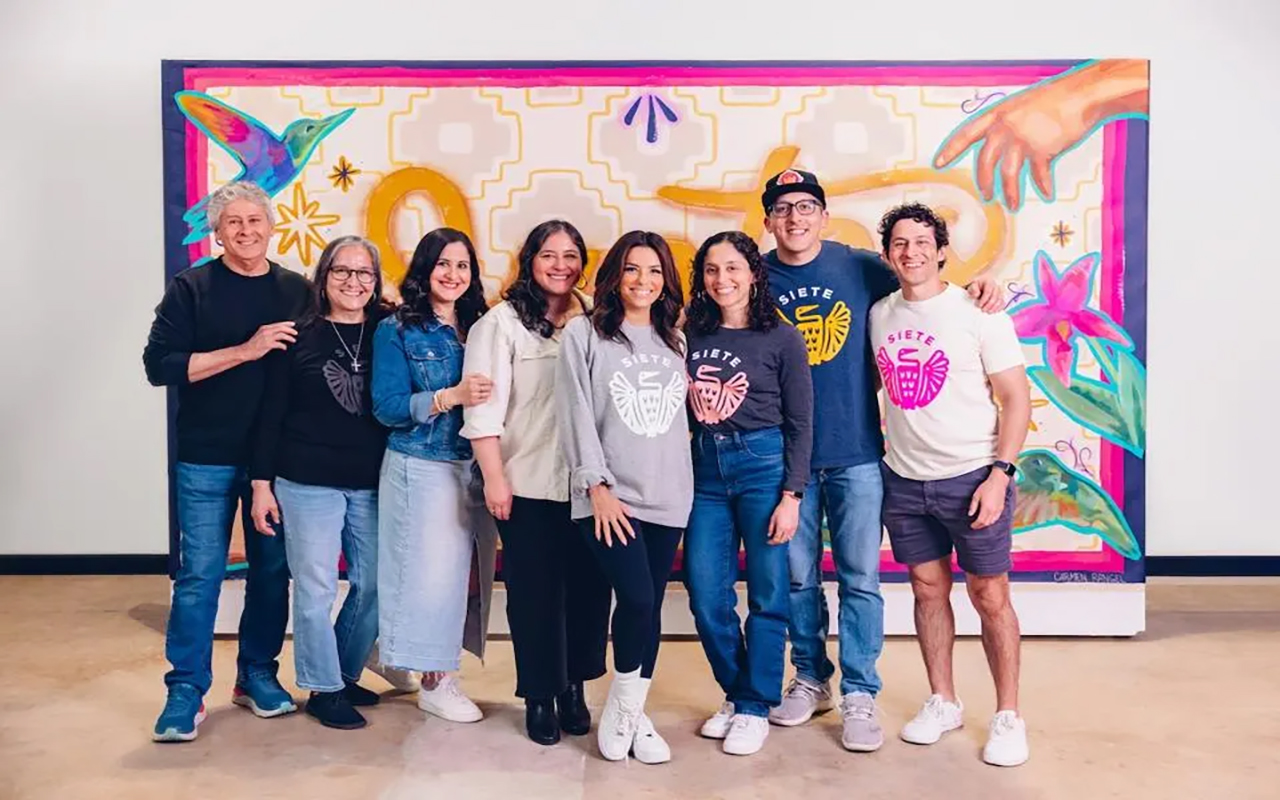
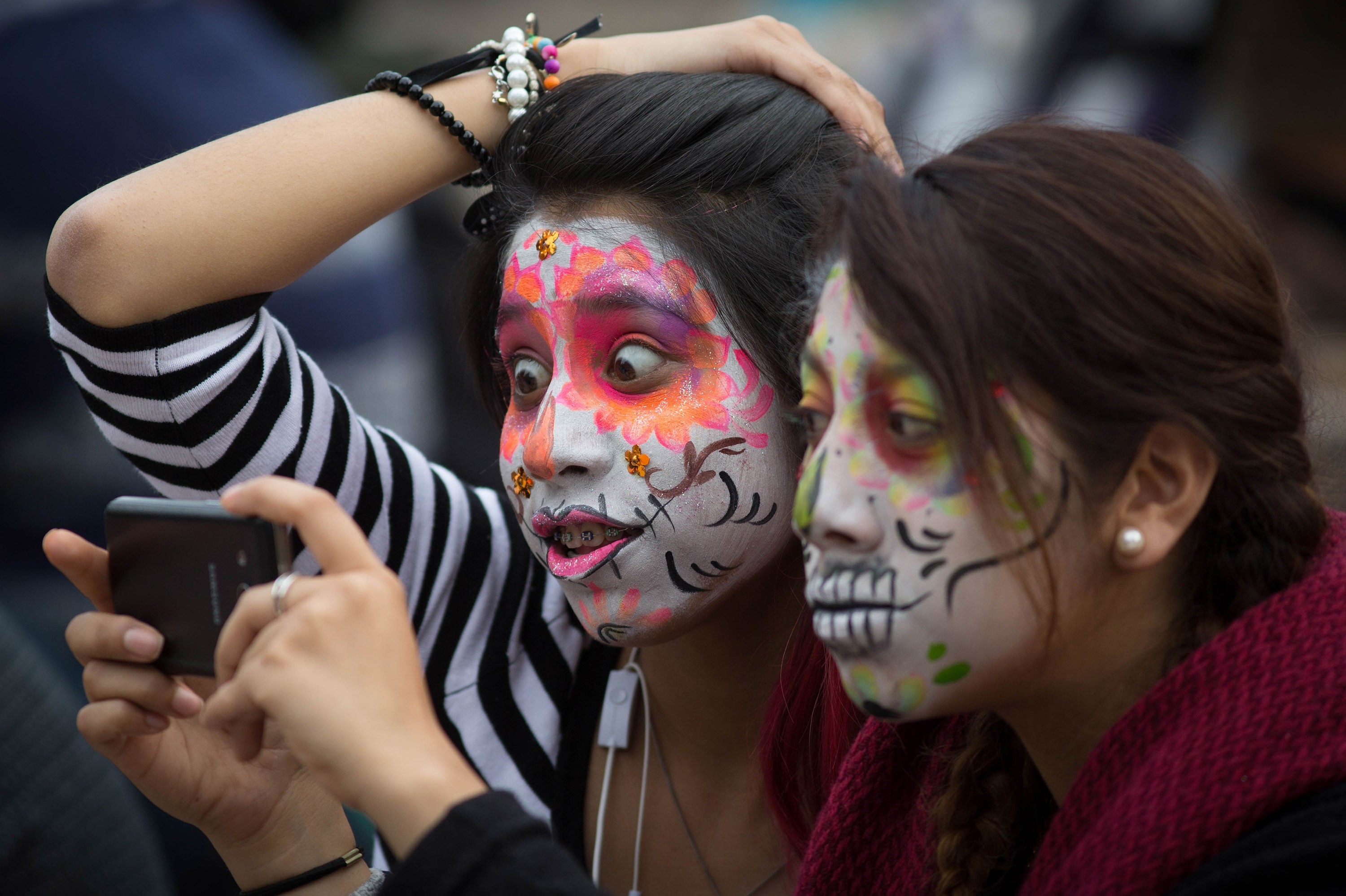
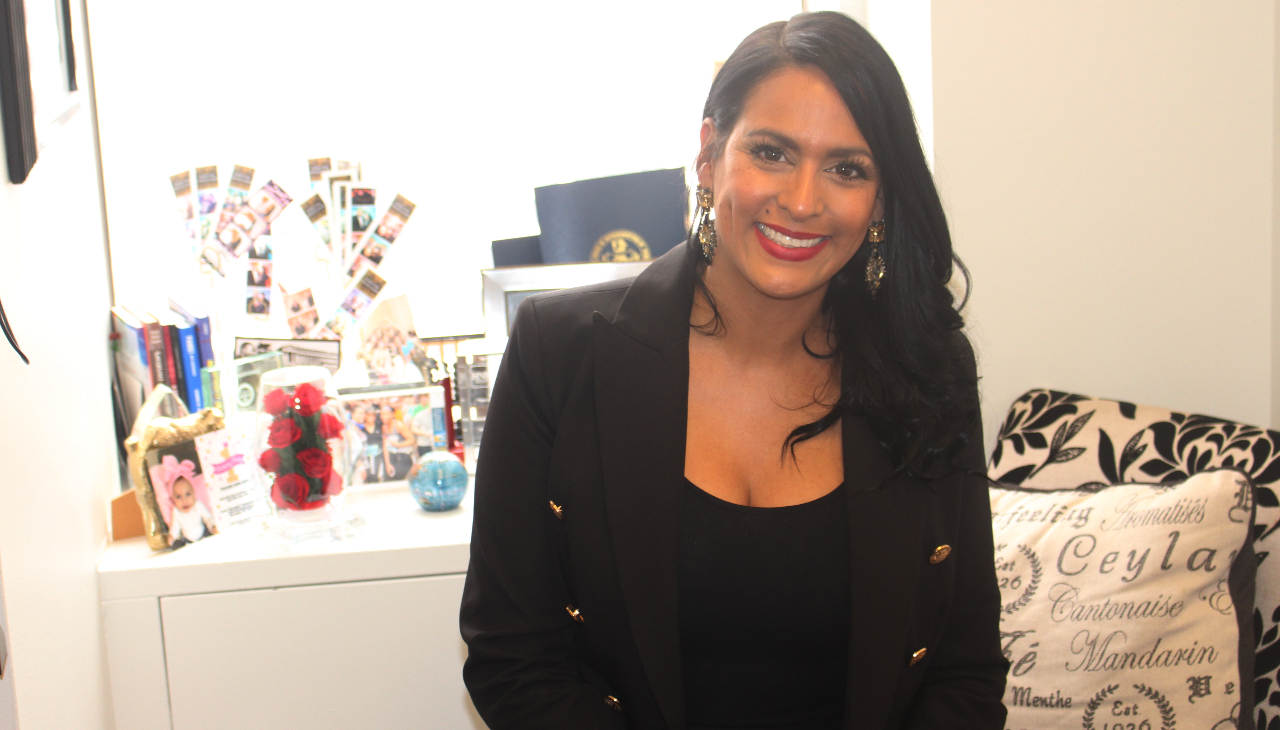

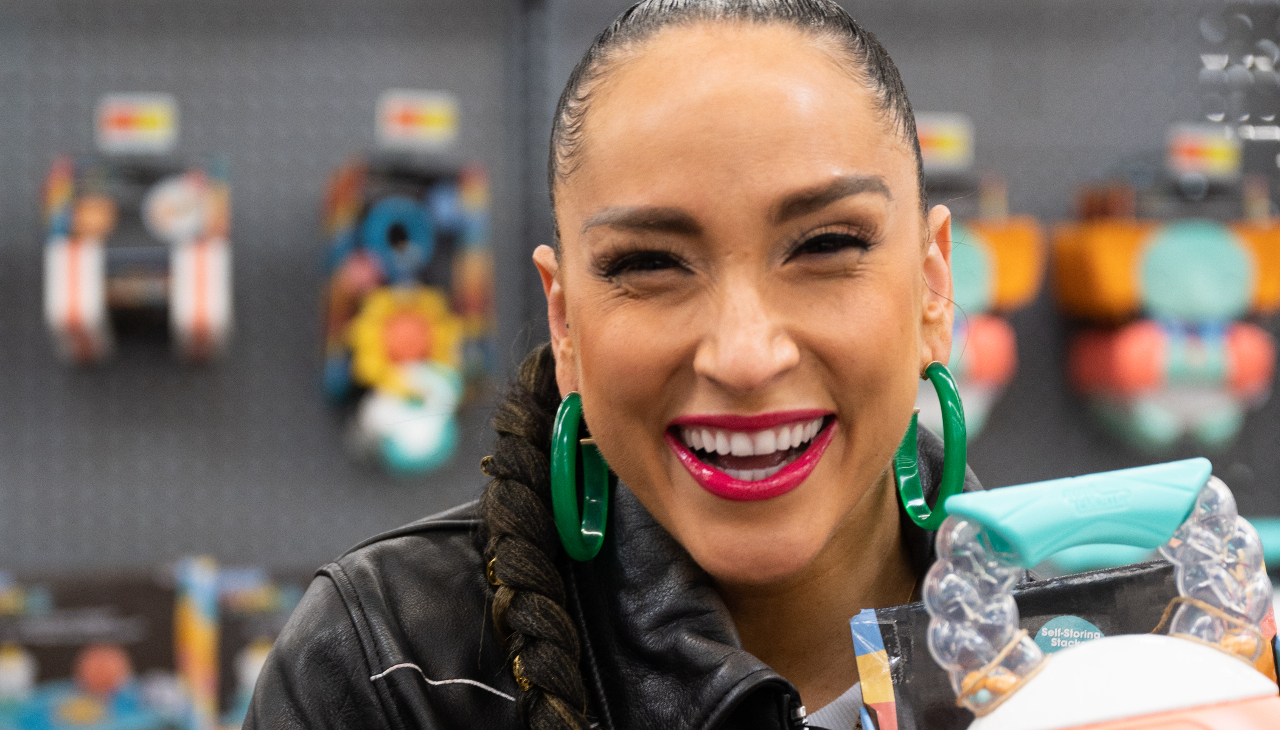

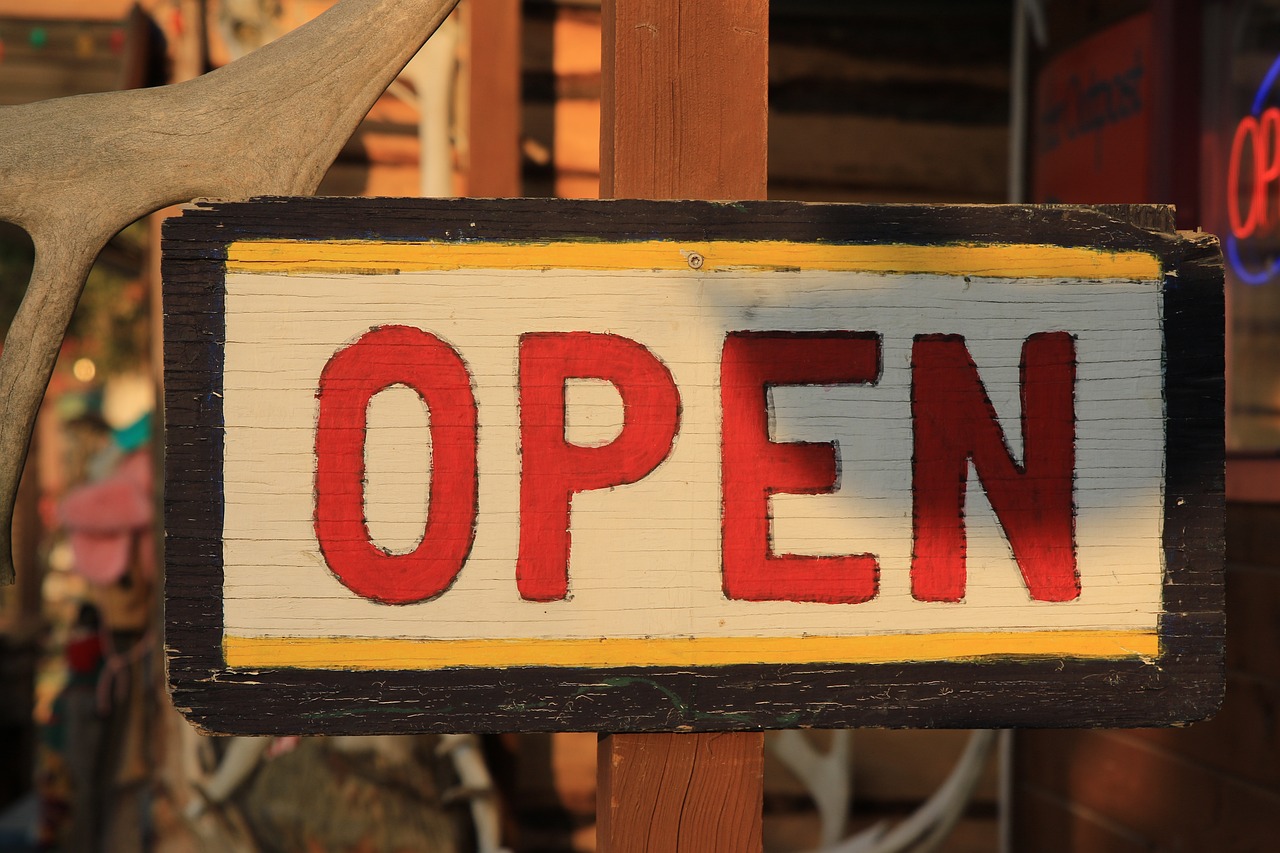


LEAVE A COMMENT:
Join the discussion! Leave a comment.